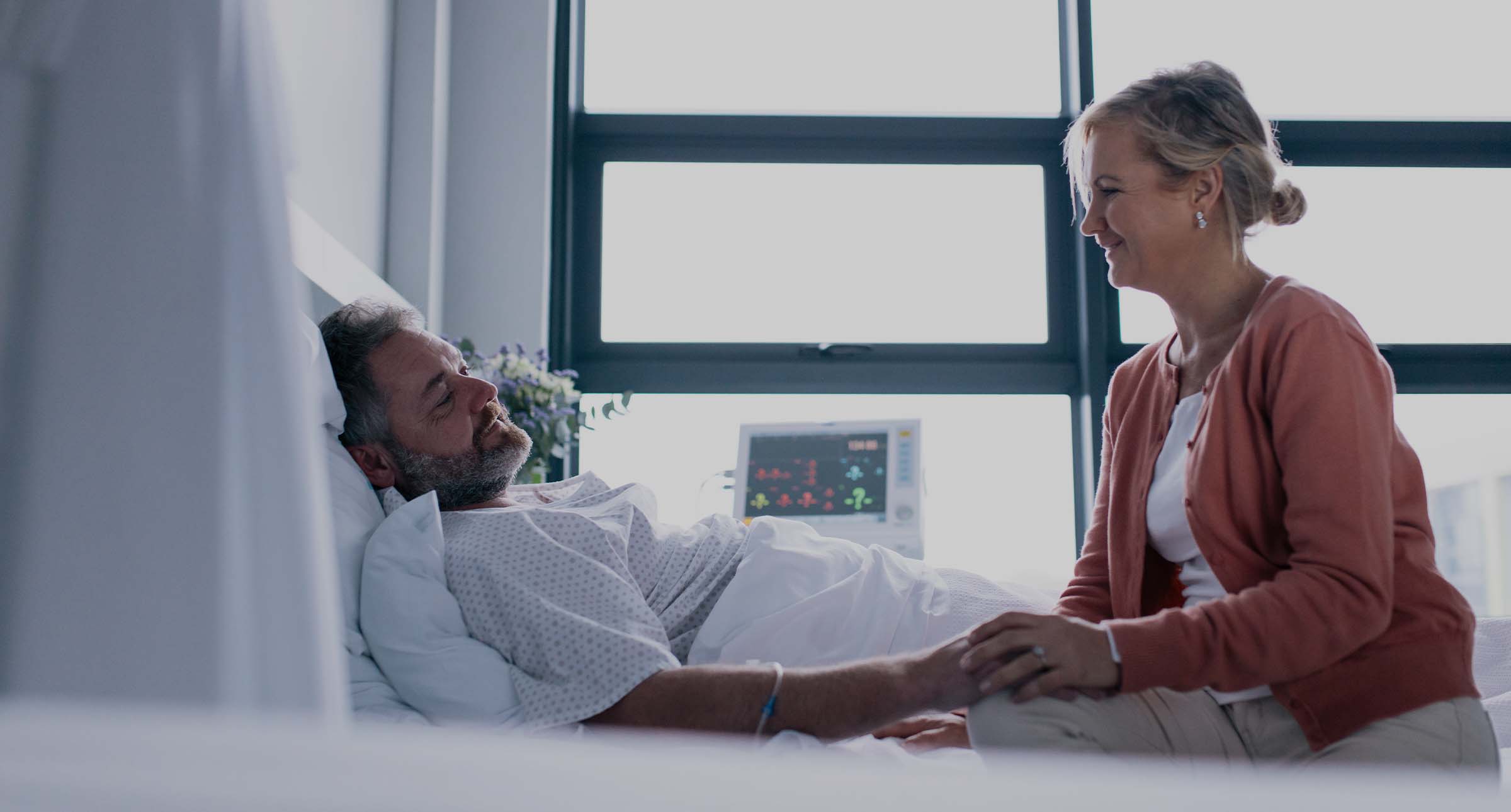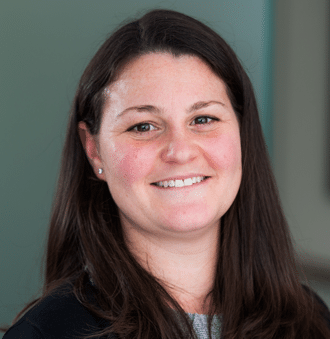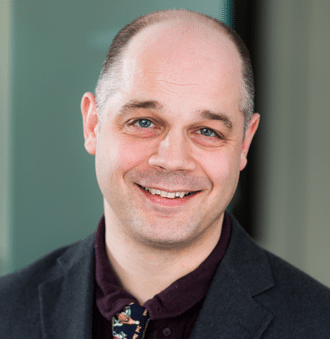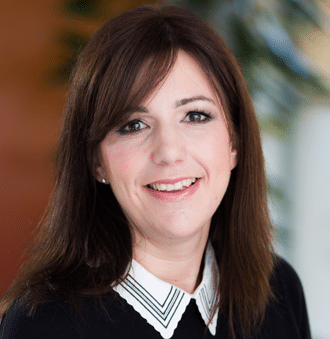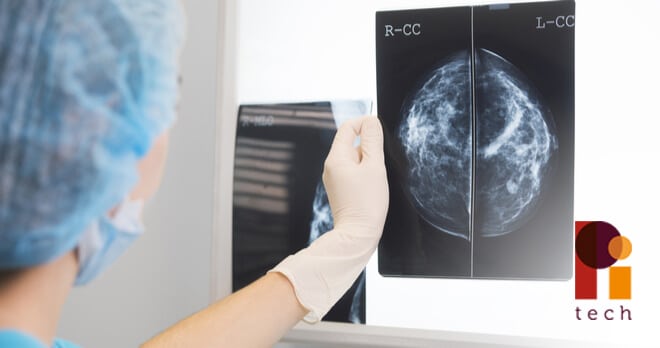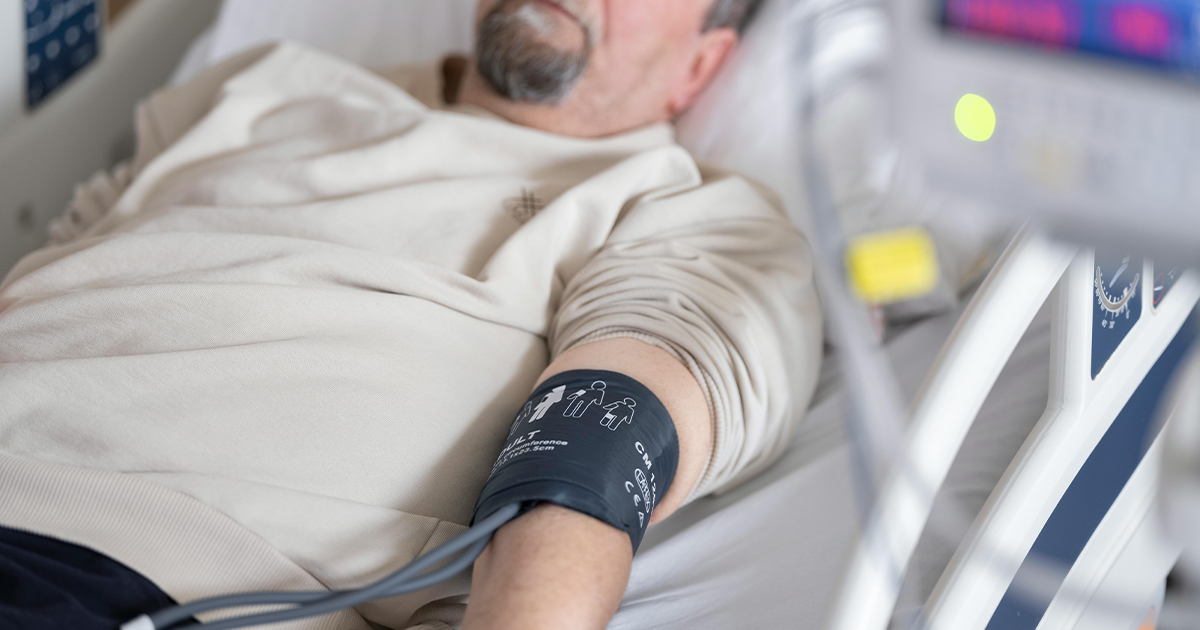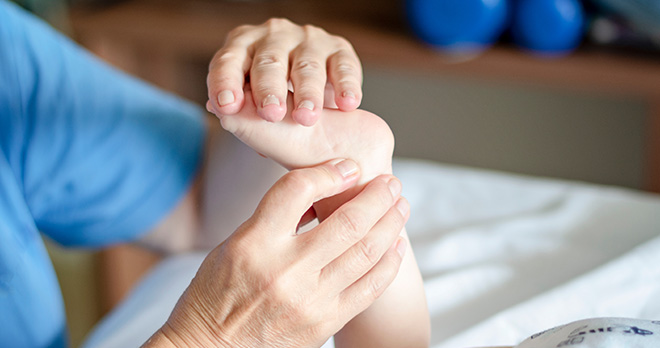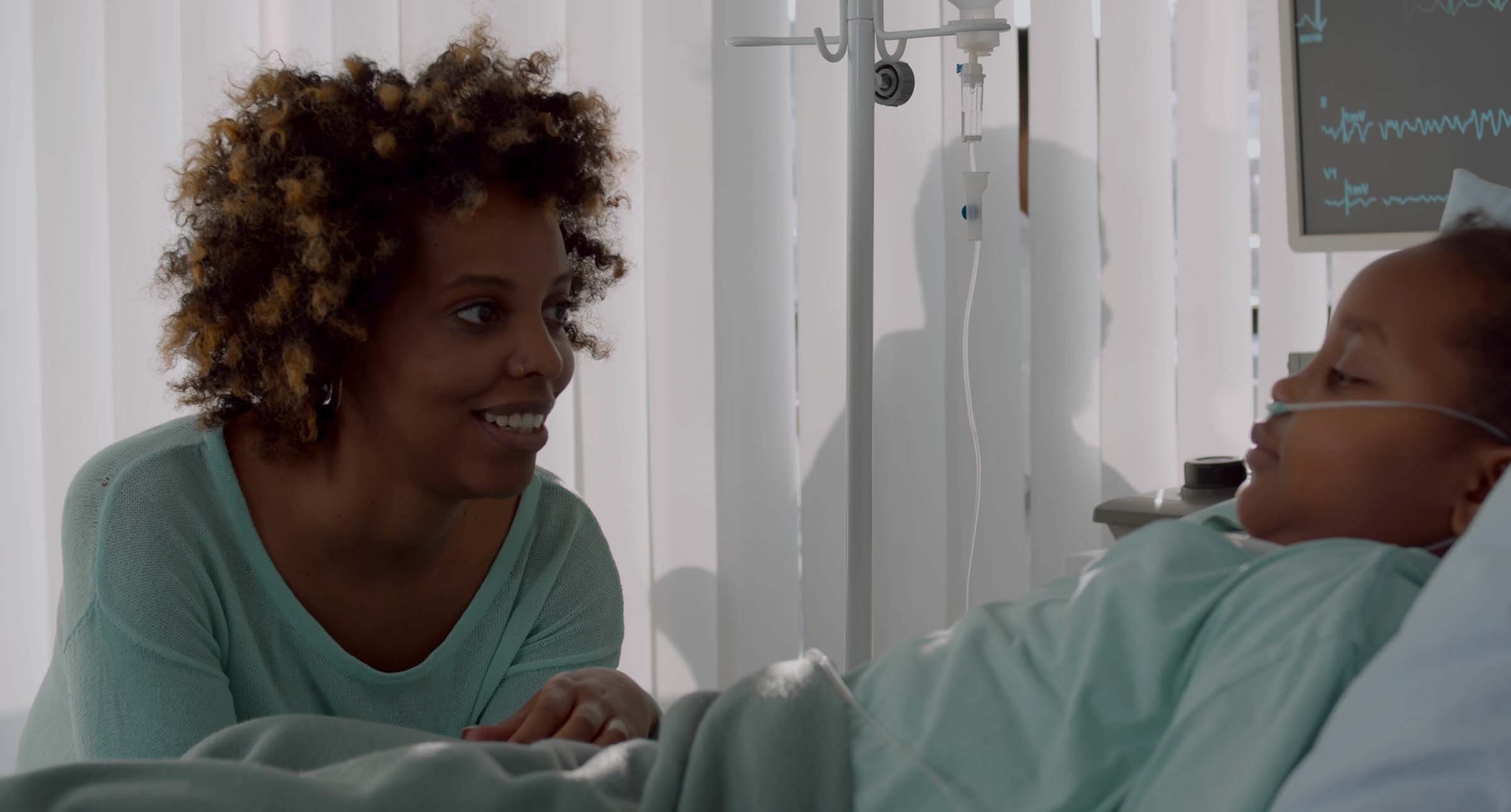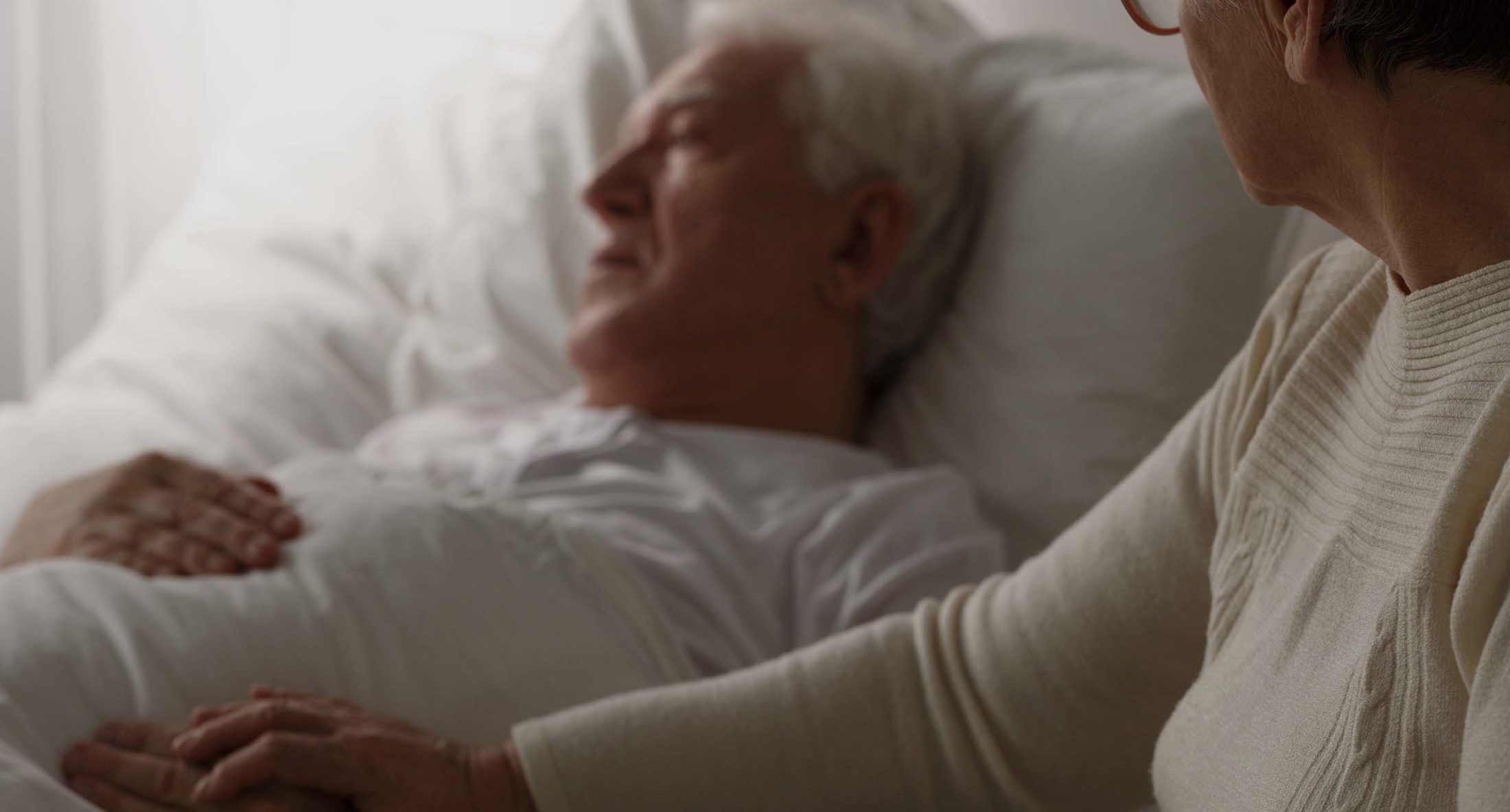

Make a claim for a cancer misdiagnosis
When initial signs of cancer are missed due to someone’s negligence you may be denied the best chance of returning to health. If that’s the case, we can help you make a cancer misdiagnosis compensation claim.
Call for a free consultation on whether you have a claim
Expert solicitors for cancer claims.
Our experts are here help bring cancer misdiagnosis compensation claims to cover any negligence.
We see this not just as an opportunity to secure you and your family’s future but also a chance to deliver vital patient safety lessons for medical institutions; avoiding further instances of substandard care.
We have expertise in many different types of claim, including:
- incorrectly diagnosing cancer leading to unnecessary and damaging surgery and psychological trauma
- delays in diagnosing cancer, worsening the future prognosis or leading to otherwise unnecessary treatment
- incorrect advice suggesting cancer was “cured” and treatment no longer required, leading to a poor future prognosis as the disease became terminal.
Your GP may not have made a referral when he or she should, a scan may have been misinterpreted or delayed, or symptoms misunderstood. Alternatively, you may have been given incorrect advice about the status of your cancer and missed out on treatment. Our experience across a wide range of cancer types and cases means we know how to deal with diverse claim types.
What if someone close to me has died from cancer misdiagnosis?
If someone close to you has died as a result of misdiagnosed cancer, you will need to make a fatal claim. The process of making a claim on behalf of someone who has died is slightly different; however we have the expertise to help you through it. You can find out more about our fatal claims team here.
We can even help you bring an inquest, to help you and your family find out what happened in the event of a death due to cancer misdiagnosis.
- No Win No Fee funding available
- We can help find the right support for you
- Offices serving all of England & Wales
- Track record of successful claims
Contact us for a free consultation on whether you have a claim
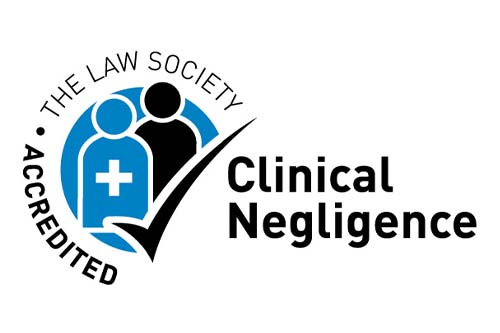
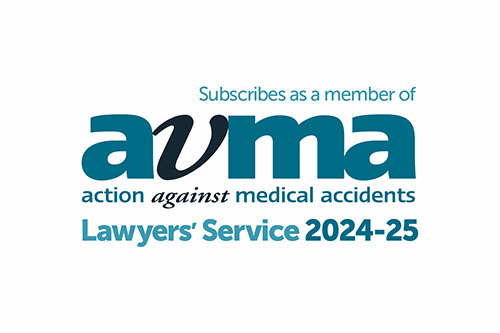
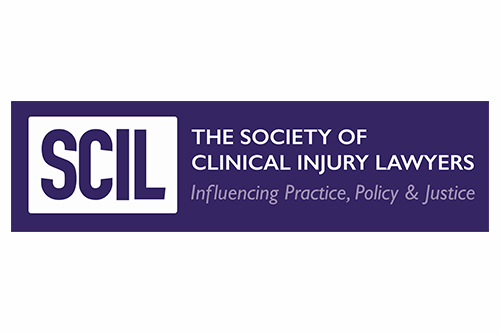

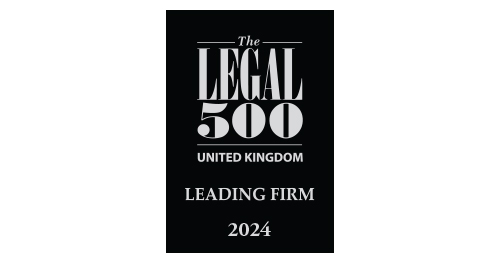
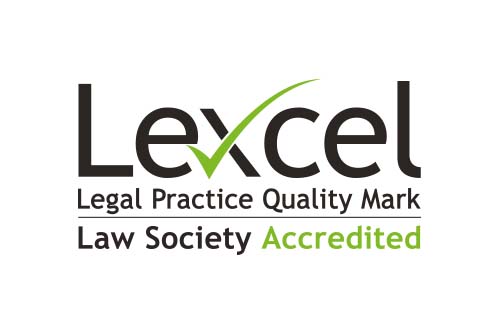
“I cannot for the life of me think of anyone else who could have dealt with my case in the way that you did. I trusted you absolutely from the start and that trust was never misplaced. There are very few people who have made a major (good) impact on my life and I can only think of three of them. You are, without a doubt, the one I shall always remember as the best”.
Making a claim for cancer misdiagnosis
If you are making a claim, usually you will need to issue your claim in court (if it cannot be settled) within three years of the date of the negligence. In the event of a fatal claim, you would have three years from the date of death to bring proceedings in court. You can find out more about time limits for medical negligence claims here.
There are a range of funding options open to you when pursuing compensation, the most common being a Conditional Fee Agreement. More commonly known as No Win No Fee funding, this means that you are protected from having to pay your opponent’s costs in the unlikely event that the claim is unsuccessful. You can find out more about funding a claim here.
Damages are calculated based upon any financial loss you have experienced (for example, if you had to take time off work as a result of the negligence, or if the primary earner in your family has passed away) and also the pain and suffering that was inflicted as a result of the negligence. Find out more about how they are calculated here.
Whatever the nature and severity of your condition or the condition of a loved one, our years of knowledge of dealing with cancer misdiagnosis compensation claims means we can offer you tailored advice and support.
Every cancer misdiagnosis compensation claim is completely unique. So you’ll need expert help to bring a claim, as the legal arguments and medical issues are often extremely complex. We have the specialist understanding to help you every step of the way.
Insight from our legal specialists
View more articles related to Brain Injury and Medical negligence


